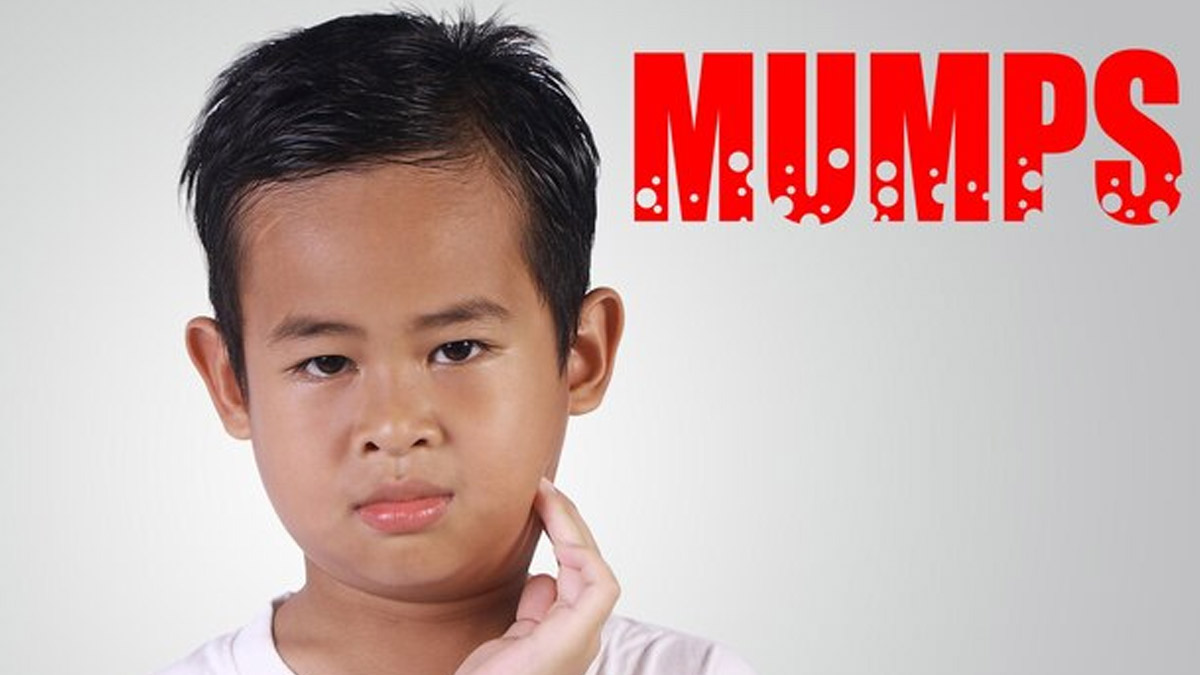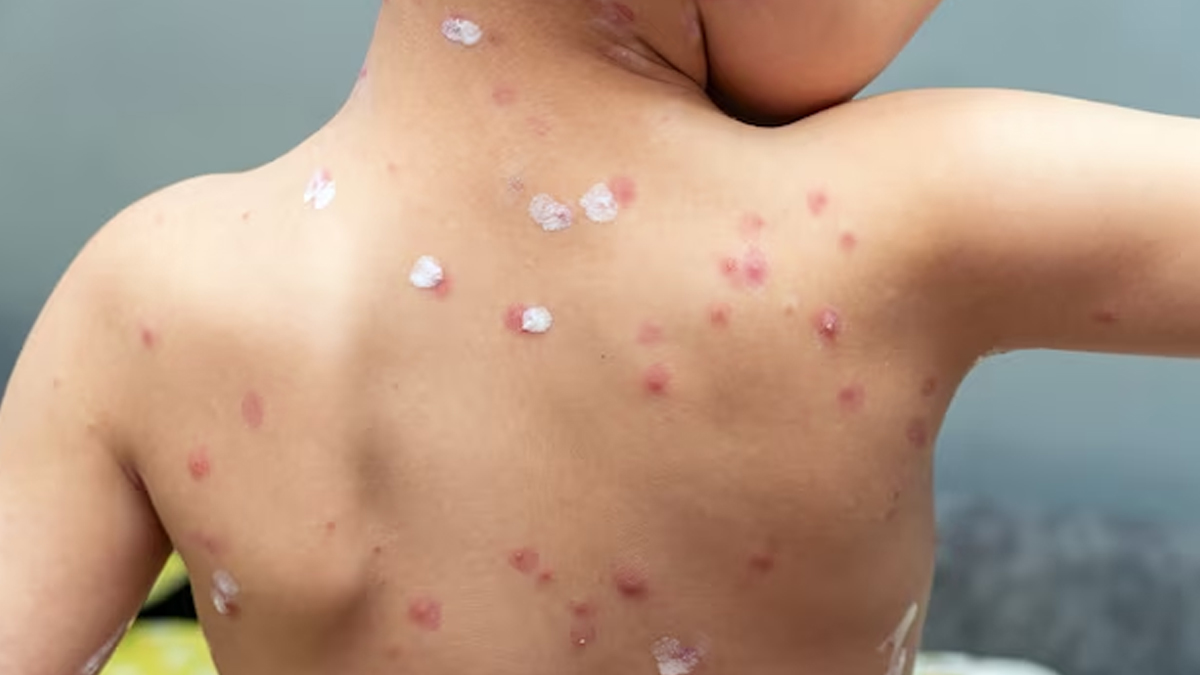
In another concerning news, many children from Nagpur have been presenting symptoms like pain, swelling, tenderness around the jaw, low-grade fever and headache. Identifying it as a resurgence of mumps, Dr Vasant Khalatkar, National President-Elect, Indian Academy of Paediatricians warned that these cases have been on the rise since the beginning of January.
Table of Content:-
According to an overview published by StatPearls Publishing, mumps is a contagious viral illness that usually spreads during late winter and early spring. Dr Khalatkar shared, “Cases usually rise between January and May, but epidemic outbreaks occur once every 4-5 years. Paediatricians across the country are worried, as the rapid infection rate this year is alarming, hinting at a possible epidemic.”

Mumps Risk Factors
As mumps cases are rising once again, it is crucial to be vigilant especially if you have kids or you were not vaccinated against mumps as a child. Here are some factors that can put you at heightened risk of getting swept over by the tide of mumps:
- Unvaccinated Individuals: People who haven't received the measles, mumps, and rubella (MMR) vaccine are at a higher risk of contracting mumps. The complications caused by this viral illness are more severe in unvaccinated adults, causing issues like orchitis in men and ovarian inflammation in women.
- Crowded Environments: Living in crowded settings, such as college dormitories or military barracks, increases the likelihood of exposure to the virus.
- Age: Mumps is more common in children and young adults, although it can affect individuals of any age.
- Close Contact: Being in close contact with an infected person, especially within a household or communal living environment, elevates the risk.

Mumps Preventive Measures
The World Health Organisation reported that as of 2022, 3,69,582 cases of mumps were reported globally. Here are some ways by which you can prevent this disease:
Vaccination
Maintaining up-to-date vaccinations is crucial for individuals of all ages, including adolescents and adults. The MMR vaccine is highly effective in preventing mumps. It's typically administered in two doses, with the first dose given around the age of one and the second between ages four and six.
Hygiene Practices
Frequent handwashing, especially after coughing or sneezing, can help reduce the risk of viral transmission. Avoiding sharing utensils, cups, or personal items with individuals who may be infected can further minimise exposure.
Isolation and Quarantine
If someone is diagnosed with mumps, isolation is key to preventing the spread of the virus. This includes staying home from work or school until the contagious period has passed. Close contacts of individuals with mumps may be advised to quarantine to prevent further transmission.
Health Education
Promoting awareness about mumps, its symptoms, and preventive measures within communities and healthcare settings is essential. Encouraging vaccination and timely booster shots can contribute to maintaining herd immunity and preventing outbreaks.
Also Read: Difference Between Chickenpox, Mumps and Measles and Home Treatments For Them
While mumps may seem like a relic of the past, it's crucial to remain vigilant and proactive in preventing its resurgence. Vaccination, hygiene practices, and public awareness play pivotal roles in keeping mumps at bay. By understanding the risk factors and taking appropriate preventive measures, we can collectively contribute to the continued decline of mumps cases and safeguard public health.
Also watch this video
How we keep this article up to date:
We work with experts and keep a close eye on the latest in health and wellness. Whenever there is a new research or helpful information, we update our articles with accurate and useful advice.
Current Version